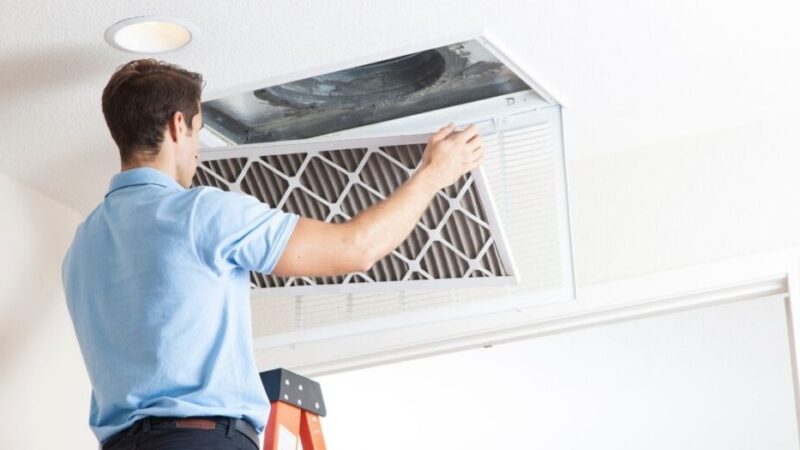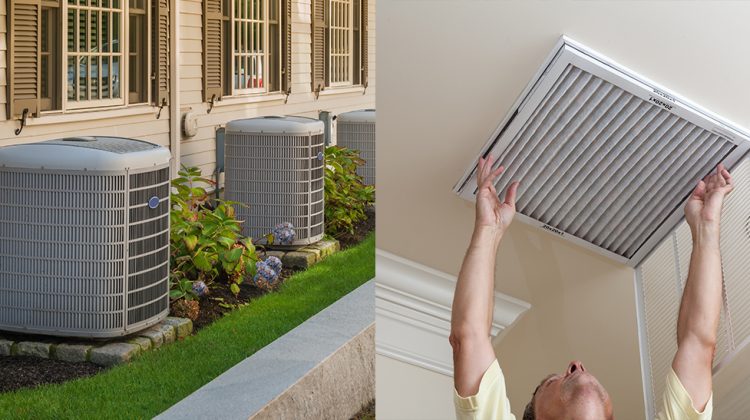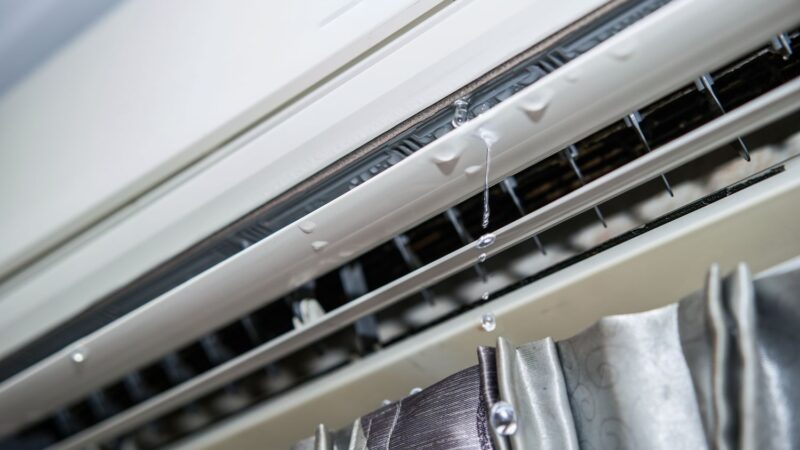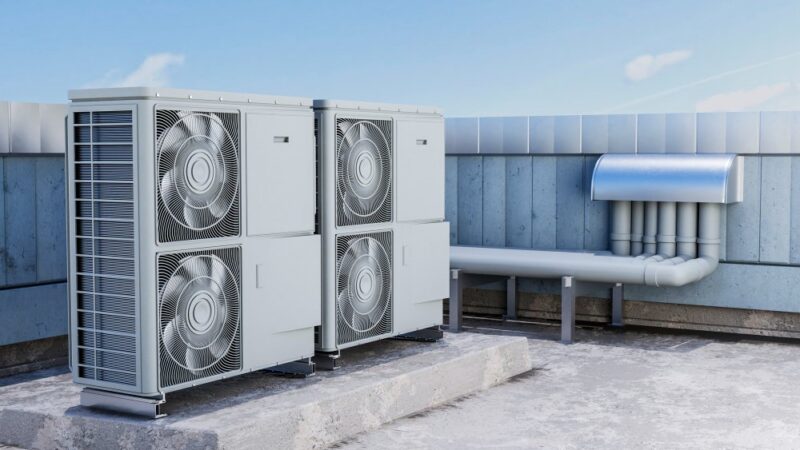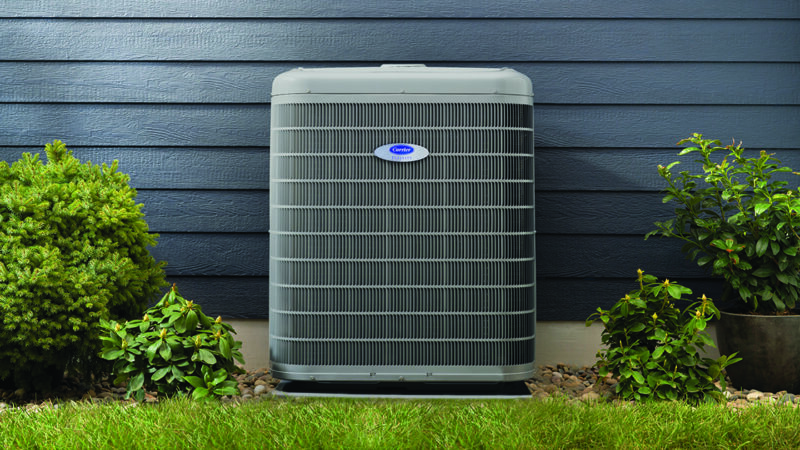Why Does My Heat Pump Runs Constantly?
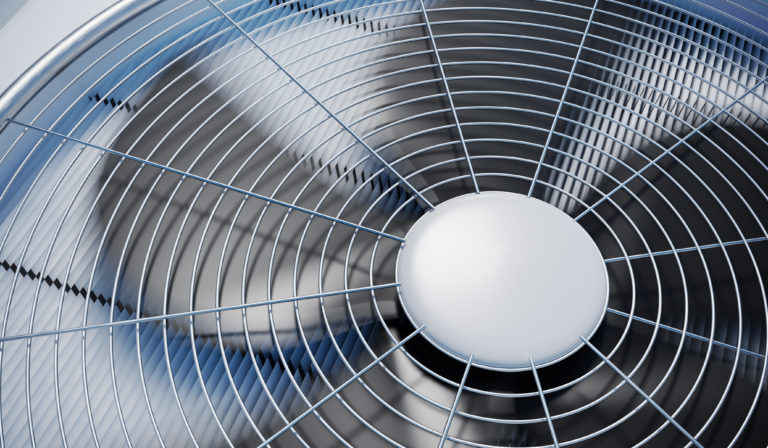
The heat pump is essential for keeping indoor spaces comfortable by managing the temperature. However, if it starts running continuously, it can lead to several problems, including higher energy bills, lower efficiency, and even potential damage to the system.
Knowing why this happens and the importance of calling a professional to fix it are key to keeping the heating and cooling system working well in the long run.
Why Your Heat Pump Is Running Constantly?
- Incorrect Sizing: A common reason for a constantly running heat pump is improper sizing. If the unit is too small for the area it needs to heat or cool, it may struggle to reach the set temperature, causing it to run continuously to compensate for the difference.
- Thermostat Problems: A malfunctioning or poorly calibrated thermostat can also lead to nonstop operation. When the thermostat can’t accurately detect the room temperature, it may signal the heat pump to run, even if the desired temperature has already been reached.
- Refrigerant Leaks: A leak in the refrigerant line can greatly reduce the heat pump’s efficiency. Low refrigerant levels mean the heat pump can’t absorb and release heat as effectively, forcing it to work longer to reach the set temperature, which can lead to constant operation.
- Clogged Air Filters: Failing to clean or replace air filters regularly can clog them, restricting airflow. Reduced airflow means the heat pump has to work harder and longer to maintain the desired temperature, leading to excessive wear on the system.
- Faulty Components: If key parts like the compressor, condenser, or fan are worn out or damaged, the heat pump’s performance may suffer, causing it to run nonstop. Prompt repairs are needed to avoid further damage.
Why You Should Hire a Professional to Fix a Constantly Running Heat Pump
- Precise Problem Identification: HVAC professionals have the skills and experience to accurately pinpoint what’s causing the heat pump to run nonstop. They thoroughly check the entire system, including the heat pump, ductwork, and thermostat, ensuring they find and address the root of the issue.
- Effective Repairs: DIY repairs can sometimes make the problem worse, potentially leading to further damage and expensive fixes. A professional can handle the repair efficiently, restoring the heat pump to proper working condition without risking additional complications.
- Safety First: Heat pumps involve complex components and electrical systems that require careful handling. Trained technicians know how to manage these safely, reducing risks to the equipment and those around it.
- Long-Term Savings: While hiring an expert may seem like a cost upfront, it can actually save money over time. A professional repair helps prevent more extensive damage and can improve energy efficiency, lowering utility bills in the long run.
- Warranty Protection: If your heat pump is still under warranty, DIY repairs could void it. Hiring a professional ensures that repairs are done according to manufacturer guidelines, preserving the warranty and protecting your investment.
The Difference Between Heat Pumps, Central Systems & Furnaces
| Category | Heat Pumps | Central Systems | Furnaces |
|---|---|---|---|
| Operating Pattern | Heat pumps run more frequently to maintain a steady indoor temperature, especially in winter. | Central systems provide quick bursts of temperature-controlled air to reach set temperatures. | Furnaces blast hot air in cycles to quickly raise indoor temperatures when heating is required. |
| The Comfort Approach | Provides gradual, consistent warmth to keep indoor temperatures balanced over time. | Delivers warm or cool air in intervals, reaching the desired temperature quickly but less gradually. | Rapidly heats the home by cycling on and off, often resulting in short but intense heating periods. |
| Seasonal Usage | Runs for extended periods in colder months due to its steady heating approach. | Used seasonally, operating as needed for heating or cooling demands. | Primarily used in colder seasons, with more intense but less frequent heating sessions. |
Understanding How Heat Pumps Work in Winter
If you notice your heat pump running non-stop, it doesn’t always mean there’s an issue. When temperatures drop below 40 degrees, heat pumps are built to run nearly continuously to maintain a comfortable indoor temperature.
So, on very cold days, if your heat pump seems to be working around the clock, that’s often just a sign that it’s doing its job as intended.
Recommendation
The Ultimate Guide to Increasing Your HVAC Lifespan
8 Most Common Types Of HVAC Systems
Air Conditioner Smells Musty? Here’s How to Fix It
How Much Electricity Does an Air Purifier Use?
Conclusion
When a heat pump runs constantly, it’s often a sign of a deeper issue, leading to higher energy bills and decreased efficiency. Addressing the underlying problem quickly is essential to avoid further damage and keep the system running smoothly.
Having a qualified HVAC professional handle the repair is key—they bring the expertise needed for accurate diagnosis and efficient repair. With their skills, they can restore the heat pump to peak performance, helping to maintain a comfortable, energy-efficient home environment.
FAQs
Q1: Is it normal for my heat pump to run continuously?
A1: Yes, it’s common for heat pumps to run continuously, especially in colder weather, as they are designed to provide efficient heating. By running continuously, your heat pump can deliver as much affordable heat as possible, minimizing the need for more costly backup heating. On extremely cold days, it’s also normal for the backup heat to activate to help maintain indoor temperatures.
Q2: Why is my heat pump not shutting off?
A2: If your heat pump appears to be working properly but won’t turn off, there may be an issue with the thermostat, or the wiring connecting it to the heat pump controls could be damaged. A malfunctioning compressor contactor, which controls power flow to the pump, could also be the cause.
Q3: Why is my heating pump running all the time?
A3: A heat pump running nonstop could be caused by a defective thermostat or timer. Another possible cause is a problem with the pump itself or a wiring issue, which is more common with newly installed pumps.
Q4: Why is my heat pump fan running all the time?
A4: If your blower fan is constantly running, check the fan mode setting on your thermostat. The AUTO setting only runs the fan when the heat pump cycles on, while the ON keeps the fan running continuously. Switching to AUTO should resolve this if the fan doesn’t need to run constantly.
Q5: Why is a pump running continuously?
A5: For good pumps, continuous operation could be due to a faulty pressure control switch—often caused by clogged tubing or burned contacts—or a pressure setting higher than the pump’s capacity, causing it to stay on.
Q6: Why is my heat pump blowing constantly?
A6: Heat pumps need a steady flow of clean air to operate efficiently. If the air filter is clogged, the system will work harder to maintain your home’s temperature, leading to continuous operation. Regularly cleaning or replacing the filter can often resolve this issue.
Q7: Why is my heat running constantly?
A7: If a furnace or heating system is always running, it’s often due to a dirty or clogged component, especially the air filter. Checking and replacing the filter regularly, especially during the heating season, can help the system work more efficiently.


